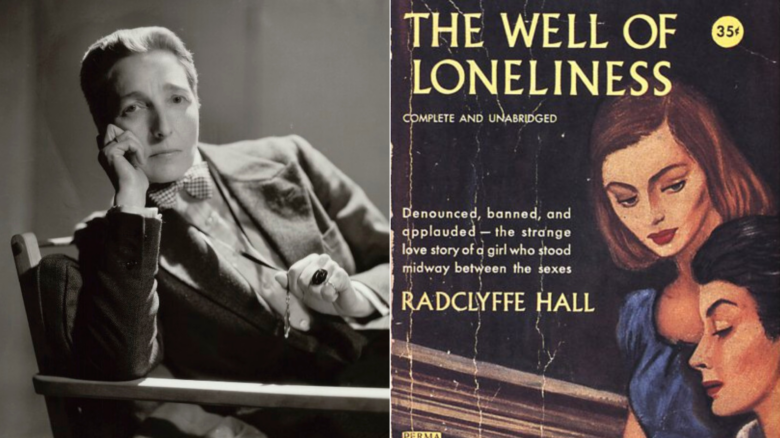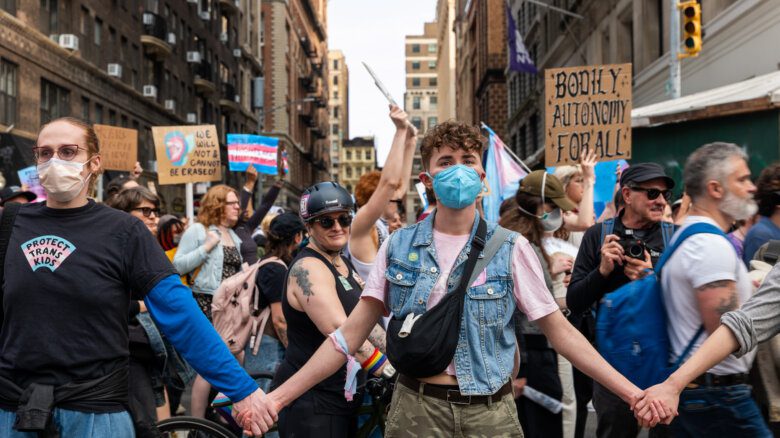What’s a gay bar without the bar? It’s been almost a year since the pandemic upended normal life, and we’re still trying to figure out how to be together safely.
Xtra talked to LGBTQ2S+ community organizers and business owners who are finding new ways, online and off, to keep people together.
“We’re always resilient and figuring out ways to find joy in every situation,” says Ryann Holmes, whose group Bklyn Boihood has been doing online parties and, when they’re allowed, distanced outdoor activities.
“Gathering together—it’s still political. It’s still a political act to do that,” says Tianna Henry of Toronto’s Glad Day Bookshop.
Alexi Minko’s bar, Alibi Lounge in Harlem, NYC, closed down in March 2020 with the rest of the city. After the bar was robbed and as debt piled up, Minko thought about shutting down for good—but a year later, they’re still running after a GoFundMe campaign raised almost $175,000. “You can get beat down, beat down, beat down and there’s always, always that thing that’s going to make you go back up,” he says.
Watch the video to hear more about how, despite the pandemic, people are keeping spaces going and working for their communities.
Editor’s note: Ceréna Sierra, one of the Club Quarantine founders interviewed in this video, was identified with a name they no longer use.
 Why you can trust Xtra
Why you can trust Xtra


